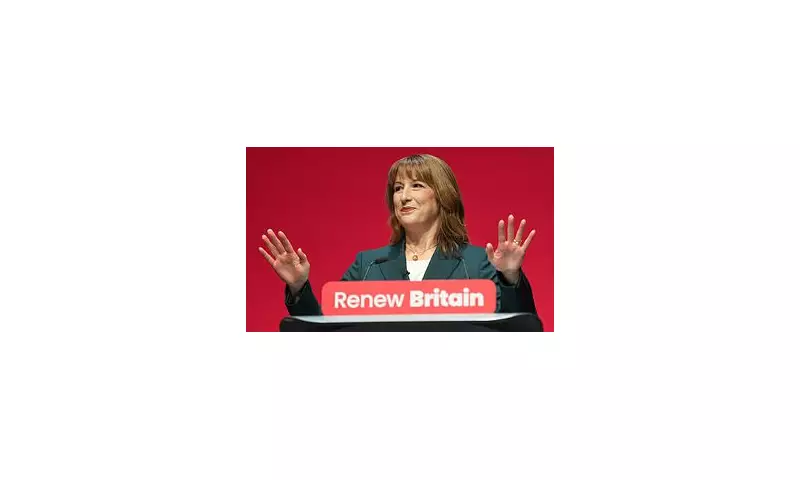
In a dramatic turn of events, Chancellor Rachel Reeves finds herself navigating what critics are calling an "economic wonderland" - a realm where financial realities appear secondary to political ambition. The Labour government's economic strategy is facing intense scrutiny as borrowing costs continue to mount, raising serious questions about Britain's fiscal future.
The Borrowing Conundrum
The government's ambitious spending plans have triggered alarm bells across financial institutions. With borrowing requirements reaching unprecedented levels, economists are questioning the sustainability of Reeves's approach. The gap between projected revenues and planned expenditures appears to be widening at an alarming rate, creating what many experts describe as a fiscal time bomb.
Historical Parallels and Present Dangers
Drawing comparisons to previous economic crises, analysts point to worrying patterns emerging in the current administration's financial management. The reliance on continued borrowing amidst uncertain economic conditions echoes strategies that have proven disastrous in other nations. Market confidence, once considered unshakable, now shows signs of strain as international investors grow increasingly cautious about British debt.
The Reality Check
Several key indicators suggest the government's economic narrative may be diverging from hard data:
- Projected growth rates appear increasingly optimistic given current global economic headwinds
- Revenue forecasts rely on tax receipts that may not materialise in the expected timeframe
- Spending commitments continue to expand despite warning signs from financial markets
- The gap between government rhetoric and economic reality appears to be widening
Expert Warnings
Leading economic institutions have begun expressing reservations about the chancellor's approach. The Bank of England faces increasing pressure to maintain stability while the government pursues expansive fiscal policies. Financial experts warn that the current trajectory could lead to:
- Higher interest rates as lenders demand greater returns for perceived risk
- Currency volatility affecting import costs and living standards
- Reduced business investment due to economic uncertainty
- Long-term damage to Britain's reputation as a fiscally responsible nation
The Political Fallout
Opposition parties have seized on the growing concerns, accusing the government of living in a financial fantasy world. Conservative critics argue that Reeves's policies represent a return to failed economic models of the past, while Liberal Democrat voices express concern about intergenerational fairness and the burden being placed on future taxpayers.
What Comes Next?
As autumn approaches, all eyes remain on the Treasury and its next moves. The chancellor faces critical decisions about whether to adjust course or double down on her current strategy. With economic indicators flashing warning signs and political pressure mounting, the coming months will prove decisive for both Reeves's reputation and Britain's economic health.
The question remains: will reality intrude on this economic wonderland before serious damage occurs, or will the government continue down a path that many experts believe leads to inevitable financial crisis?






